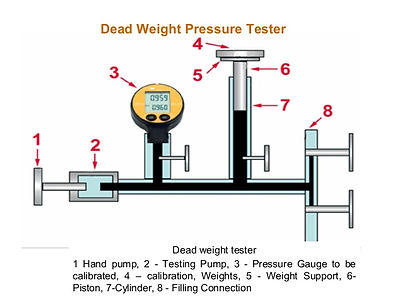
The Calibration of instruments is the most basic maintenance requirement, which is an established procedure that every business using machinery or instruments must conduct periodically as specified in their machinery or instruments requirement.
RISK involved in not calibrating an instrument:
-
Safety Procedure: In case of instruments involving perishable products such as food or thermometers with area of sensitive nature, uncalibrated instruments may cause potential safety hazards.
-
Wastage: If the instrument is not perfectly calibrated, it might lead to potential wastage of resources and time consumed in the operations, resulting in an overall increase in expenses.
-
Faulty or Questionable Quality: If the instrument is improperly calibrated, the chances of faulty or questionable quality of finished goods arises. Calibration helps maintain the quality in production at different stages, which gets compromised if any discrepancy arises.
-
Fines or Litigations: Customers who have incurred damage may return the product against a full refund, which is still alright; but if they go for litigation due to damages, you could be up for serious costs in terms of reputation and restitution payments.
-
Increased Downtime: Poor quality of finished goods is the first indicator of disrepair in your equipment. Regular calibration programs identify warning signs early, allowing you to take action before any further damage is caused.









